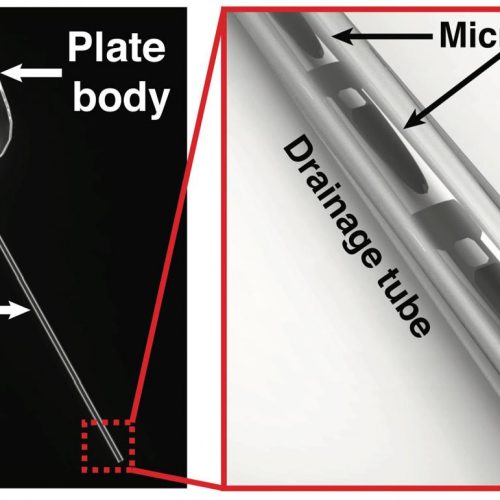
Purdue’s giant leap toward personalized medicine helps eyes drain themselves

Purdue’s giant leap toward personalized medicine helps eyes drain themselves

Light-bending tech shrinks kilometers-long radiation system to millimeter scale
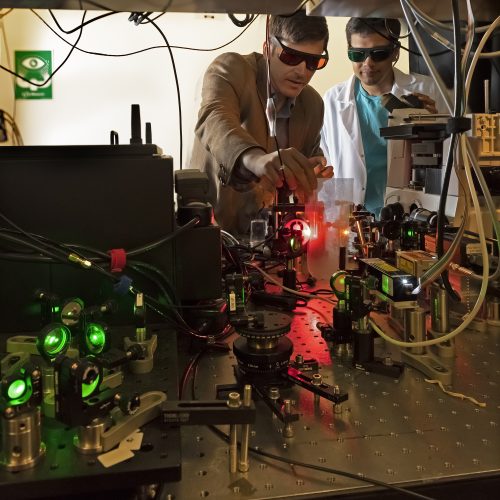
Toward unhackable communication: Single particles of light could bring the quantum internet

Purdue team receives $2.5 million to develop quantum computing technologies

The future is now: Purdue Quantum Center projects picked for NSF initiative

ASSURE Program to Advance Next-Gen Trusted Microelectronics
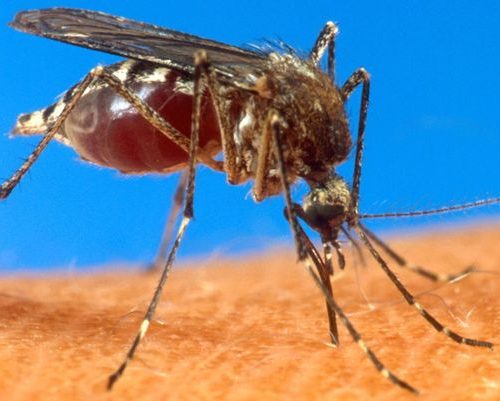
Purdue researchers take on mosquito diseases like Zika and West Nile with new device
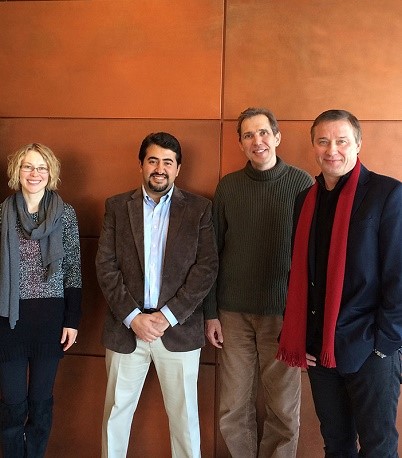
Low Bandwidth? Use More Colors at Once
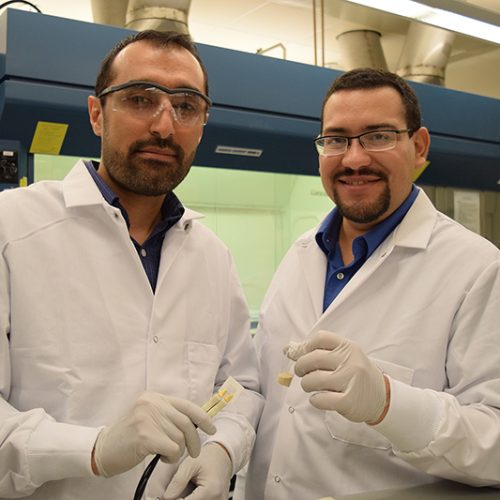
Wearable ‘microbrewery’ saves human body from radiation damage
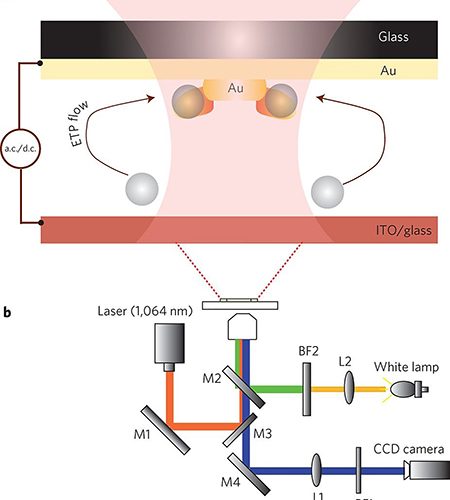
Purdue researchers develop ‘tornado’ lab-on-a-chip technology with micro tweezers to detect dangerous viruses, biological contaminants